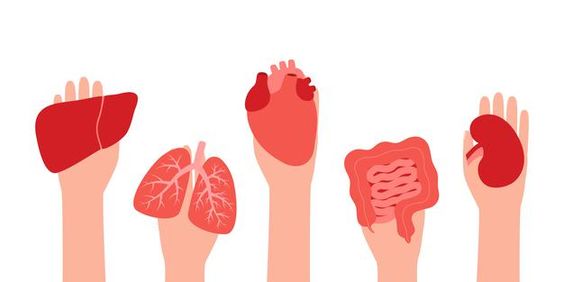Introduction:
Organ transplantation has revolutionized modern medicine, offering a second chance at life for individuals facing organ failure. At the heart of this life-saving procedure lies a selfless act: organ donation. Understanding the organ donation process is crucial, not only for those awaiting transplants but also for individuals considering becoming donors.

This article provides a comprehensive overview of organ donation, encompassing everything from the different types of donation to the registration process and the profound impact it has on recipients' lives. Whether you're seeking information for yourself or a loved one, or simply want to learn more about this remarkable act of generosity, this guide will equip you with the knowledge to navigate the world of organ donation.
Understanding the Different Types of Organ Donation:
Organ donation can be categorized into two main types:
-
Living Donation: Living donors, often family members or close friends of the recipient, donate a kidney, a portion of their liver, lung, or intestine. This type of donation takes place while the donor is alive and involves a thorough medical evaluation to ensure compatibility and safety for both donor and recipient.
-
Deceased Donation: Deceased donation occurs after an individual has passed away. It can involve the donation of organs such as the heart, lungs, liver, kidneys, pancreas, and intestines. Deceased donors can also donate tissues like corneas, heart valves, skin, and bone.
Registering as an Organ Donor:
Becoming a registered organ donor is a simple yet profound decision that can potentially save lives. The registration process varies by country and region but generally involves the following steps:
- Sign Up: You can typically register online through your local organ procurement organization or driver's license agency.
- Provide Consent: Explicit consent is crucial for organ donation. Make sure your family is aware of your decision.
- Carry a Donor Card: While not always mandatory, carrying a donor card in your wallet or purse can serve as a visual reminder of your wishes.
The Impact of Organ Donation:
Organ donation is a beacon of hope in the face of life-threatening medical conditions. For recipients, a successful transplant can mean the difference between life and death, offering them a second chance to live full and meaningful lives. The impact extends beyond the individual recipient, touching the lives of their families and communities as well.

.jpg)